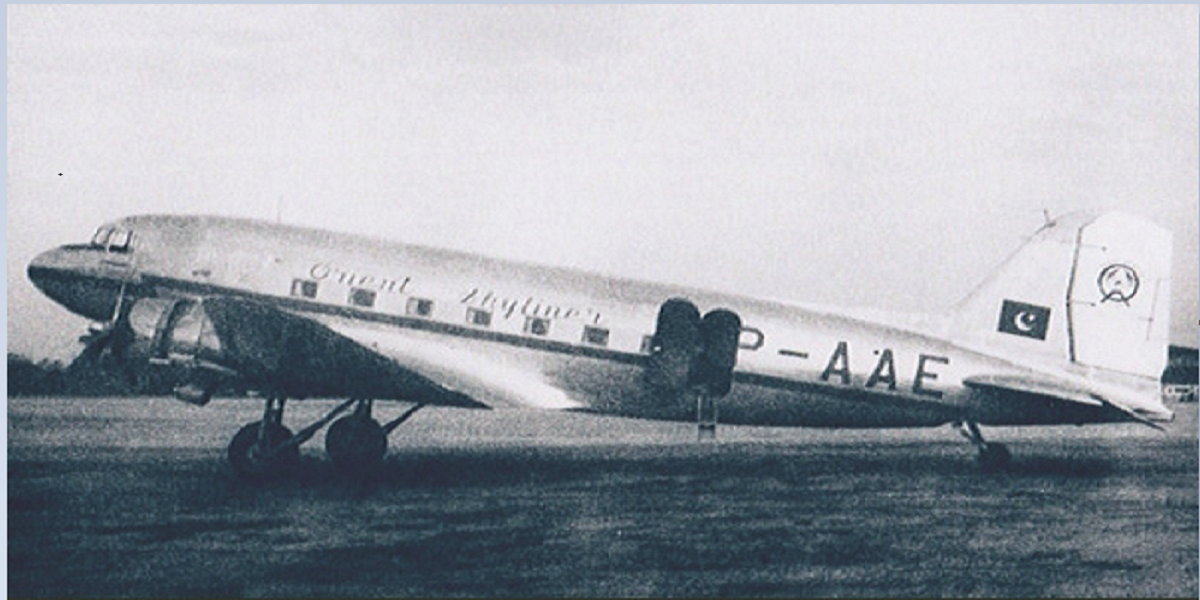When grateful Pakistanis think of the Quaid-i-Azam they think of him as a man who was a great advocate and a man who matched his wits against the best of Hindu and British politicians and won for the Muslims of our subcontinent a homeland. Very rarely does one hear or read of the invaluable service he has rendered to the Muslim Nation in other departments of life. For example, how many know of the leading and inspiring part he played in the creation of commercial and industrial institutions which are now taken for granted in our country? How many know that it was the Quaid-i-Azam’s drive which brought into being several Muslim Chambers of Commerce in the subcontinent and also the Federation of Muslim Chamber of Commerce and Industry at New Delhi?
I was entrusted with the task of organising the Federation and had to work for about a year to get it started. Had it not been for the generous support, which included financial assistance, given by the late Sir Adamjee Haji Dawood and my elder brother, Mirza Ahmed Ispahani, the creation of the Federation and its existence would have been impossible. When the Federation held its first meeting at New Delhi, it planted just one more landmark on the road to Muslim awakening and this, as I have stated, was the result of the Quaid-i-Azam’s imagination and guidance.
I remember also how the Orient Airways was founded. When I was in Delhi in June 1946 on one of my routine visits, and was lunching with the Quaid-i-Azam at his Aurangzeb Road home and discussing provincial and national politics, he suddenly cut me short and said: ‘It is very well to talk of Muslims as a nation and to demand a separate homeland for them, a homeland in which they could live according to their own lights and shape their own destiny, but you realise that such a state would be useless if we did not have the men, the material and the wherewithal to run it? Do you realise that in India there is not a single airline which is owned or operated by Muslims? You should know how many Muslim civil pilots and mechanics we have in the country? How can we do anything with this inadequacy of material—material every nation must have in large numbers?’

The Quaid-i-Azam was emphasising a fact. I replied that he was absolutely right. He stood up and with the characteristic gesture of his hand, which his disciples remember so well, said: ‘What is the use of admitting all this? Get up and do something about it.’
I tried to argue with him that the starting of an airline was a tremendous undertaking, that it would cost a packet of money and it would have to face much opposition from vested interests, particularly Hindu, before the new company, owned, financed and operated by Muslims, as he envisaged, would be allowed to operate.
He replied to the effect that we should trust in God, have faith in our cause and go ahead. He, as a ‘poor man’ would purchase shares in the company to prove that he backed his idea with financial participation. He asked me to discuss the matter with Sir Adamjee and my brother in Calcutta and get busy with the task of registering an Airline.
When these two gentlemen were told that it was the Quaid-i-Azam’s order that something should be done, they did not wait to think, and we set to work on the floatation of the Orient Airways.
The Orient Airways was not only the first and sole Muslim airline operated in pre-Partition India but the first all Muslim public liability undertaking of its kind in the commercial and industrial history of Muslim India. Shares were bought by Muslims in every corner of the subcontinent; some bought scrips for substantial amounts and there were others with limited means who were happy to have just one share worth Rs 25 or Ks 5. Poor as they were, they wanted to have the honour of participating in a Muslim undertaking which had the blessings and support of the Quaid-i-Azam.
…Those who had the privilege of knowing the Quaid-i-Azam will remember with gratitude what he often said: ‘Without economic progress, freedom is worth nothing, because one cannot turn freedom to full advantage.’ For us, these words were never more true than they are torday.
[embedpost slug= “/one-nation-one-leader/”]



















